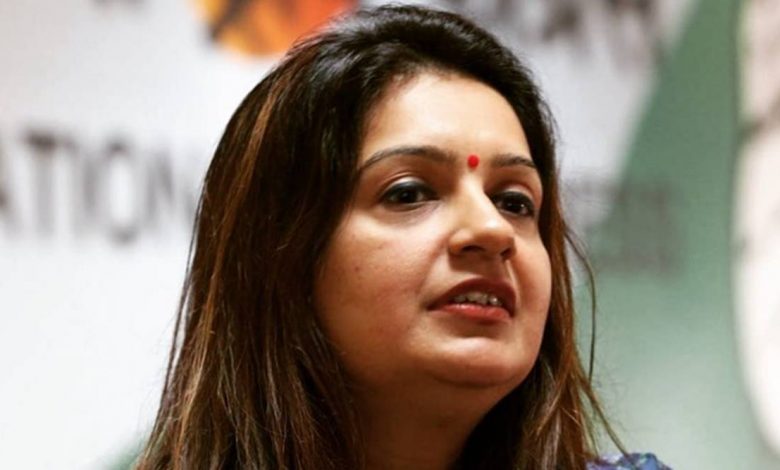Priyanka Chaturvedi, a Shiv Sena member of Parliament (MP), asked that records of documented history be declassified in a letter to the Union Culture Ministry on Monday. She argued that failing to update such material would encourage people to use an “imagined history,” which she called “disastrous.”
The MP said her letter, addressing Union culture and tourism minister G Kishan Reddy, was in reference to a recent observation made by director-general of the National Archives of India (NAI) wherein it was said that no records of the wars of 1962, 1965, 1971 as well as Green Revolution are maintained with the NAI.
“This highlights the need for enhancing transparency and accessibility of records to the general public, academicians, and researchers by declassifying information of historical importance under the Public Records Act, 1993 and liberal application of the colonial legislations such as Official Secrets Act, 1923,” the MP said.
Chaturvedi while hailing the defence ministry’s decision to declassify important war records older than 25 years suggested, “The Committee formed for the review and study of such documents may be kept free of bureaucratic control depending on the sensitivity of the subject matter concerned.”
A number of governmental ministries and departments are required to transfer records that are more than 25 years old to the NAI in accordance with the Public Records Act of 1993, unless they relate to classified material. However, determining what material is classified is left to the different ministries and departments.
Underlining that records management in government is an essential aspect of good governance, Sinha said there are several ministries that have not shared their records with the NAI since independence and that the NAI has only records of 64 agencies, including 36 ministries and departments.
The records of enduring importance belonging to the Indian government are kept by the National Archives of India. The Imperial Record Department was founded on March 11, 1891 in Calcutta (now Kolkata), and today it is the largest archival repository in South Asia.







